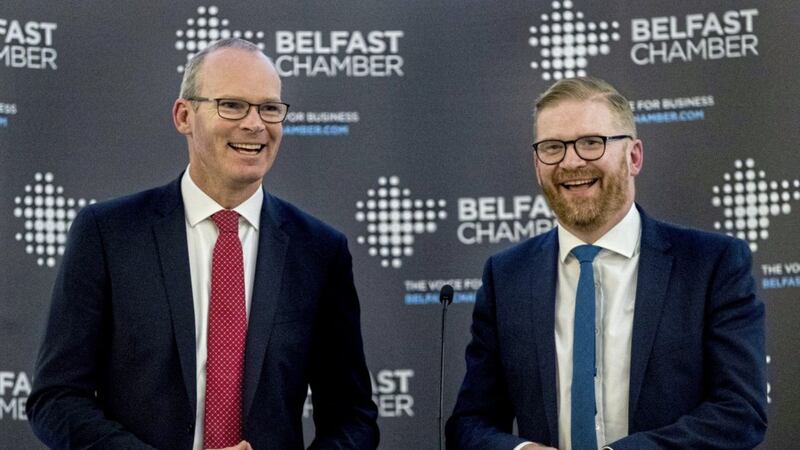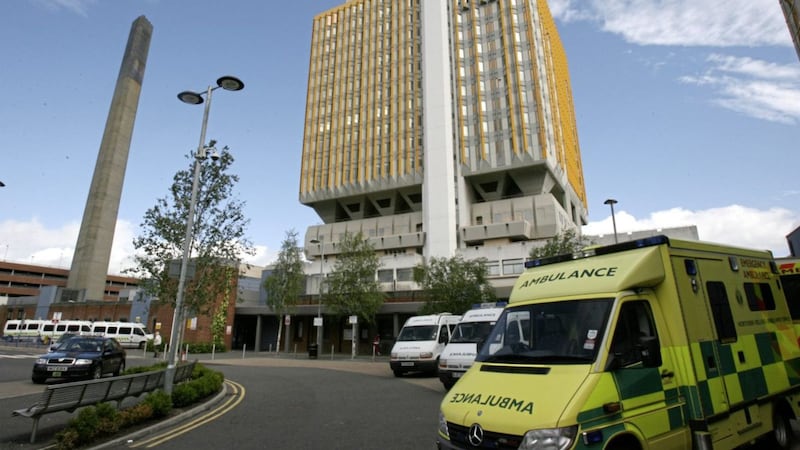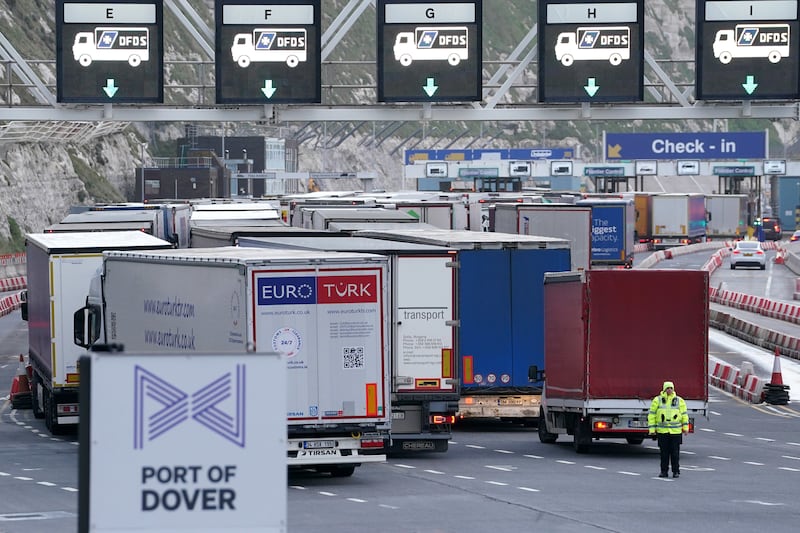THE Tánaiste has predicted that Irish companies may move north of the border such is the "extraordinary" competitive advantage the Brexit deal offers the region.
Simon Coveney said the terms of the agreement between the UK and EU presented an "exciting and genuine opportunity" for Northern Ireland to prosper.
Addressing a gathering of business leaders in Belfast, Mr Coveney said entrepreneurs would see the rewards of setting up in a region operating under single market rules but with tariff free access to the UK market.
"In time, when the politics of this settles down, business leaders will start to look at this for what it really is – which is an extraordinary business opportunity," he told the Belfast Chamber's annual lunch.
Mr Coveney said if companies in the Republic were faced with any trade barriers into the UK market post-Brexit they would likely look north.
"I think there will be a huge incentive for a lot of Irish companies to locate north of the border and to effectively operate the rules of the single market but at the same time have unfettered access to the UK," he said.
"I think business models will look at those opportunities and adapt to change over time."
In his speech, Mr Coveney said a Brexit extension, if granted, was likely to be a flexible one that would allow the UK to leave the EU prior to the end of January next year.
He said his government would back extension but cautioned that it was a case of "wait and see" if any of the other EU states raised "issues" with the move.
The Tánaiste also said the Irish and UK governments were committed to boosting investment in Northern Ireland post-Brexit, working together on major infrastructure projects.
Mr Coveney also addressed the wrangle over how the Stormont Assembly will consent to the Brexit deal.
A Stormont vote on whether to extend an initial four-year period for the post-Brexit arrangements will be done on the basis of a simple majority of MLAs.
The move has angered the DUP, which insists that consent must be on the basis of a majority of unionists and a majority of nationalists agreeing to back the move.
Mr Coveney said using the parallel consent model would lead to "paralysis".
"If cross-community support in the assembly is required for any deal, the risk is paralysis, a zero sum game, and potentially no solution at all," he said.
"There is no way in my view to set up a cross-community vote that doesn't give one side or the other – and in some cases one party or one other – a practical veto."
Mr Coveney said many Irish businesses were raising questions over whether a "competitive advantage" for Northern Ireland had been deliberately designed into the agreement.
"I think that's a legitimate enough question but given the unique circumstances and pressure points of Northern Ireland through Brexit I think that's what we should be doing," he said.
Mr Coveney told the audience at the Crown Plaza hotel: "Entrepreneurship is about seeing the opportunity others miss. Where others only see risk, business leaders such as yourselves see the accompanying reward.
"I hope you can see that this deal provides an exciting and genuine opportunity for Northern Ireland while fully respecting the constitutional integrity of Northern Ireland as part of the UK."








